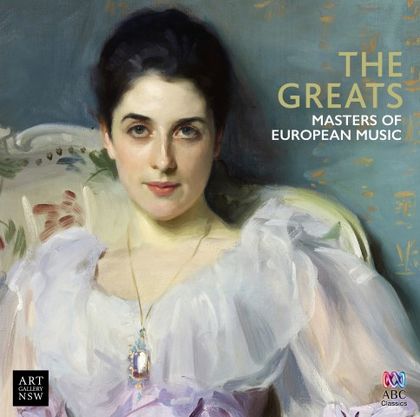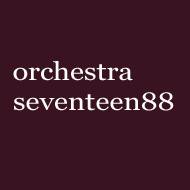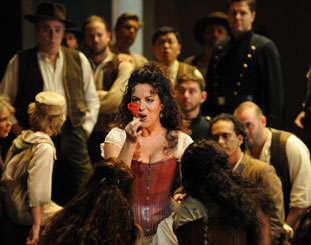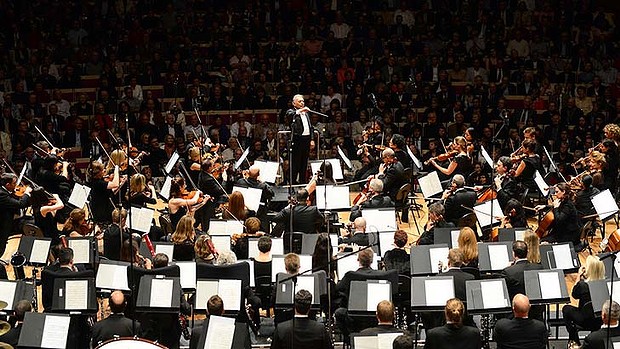Concert review: ‘Love and Lamentations’ Sophia Mitchell Farewell
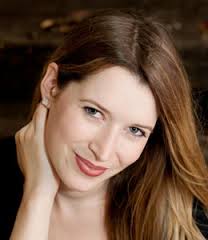
Love and Lamentations
Sophia Mitchell’s Farewell Concert
Ferguson Hall, St Stephen’s church
Macquarie Street
24 May 2014
Mezzo-soprano Sophia Mitchell is following the well-trodden path of promising young Australian singers and in September she and her family, including a young child, will be re-locating to London. Having already obtained her first degree at the Sydney Conservatorium, Sophia will embark on a Masters degree in historical performance at the Guildhall School of Music and Drama. For the past four years she has concentrated on performing early music and for her farewell recital she enlisted the assistance of colleagues who also work in this field.
The concert was presented in three sections covering a wide range of early music and gave Sophia an opportunity to demonstrate her ability to cover quite different styles – mostly by Italian and English composers.
The first section of the programme was accompanied by Diana Weston on the harpsichord and opened with three early seventeenth century Latin pieces written by nuns from northern Italy. After a slightly nervous start in the first piece, Sophia was joined by soprano Danielle Grant for the other two. This was an excellent partnership with both voices blending extremely well. This was followed by a song and three movements of a harpsichord suite by Purcell, then a recitative and aria by Handel with the cello of Catherine Upex added to the continuo. The first section of the concert ended with Monteverdi’s Lamento d’Arianna, which was the most substantial piece on the programme. Sophia made good use of the text and delivered it with a convincing sense of drama.
After a brief interval, the second part of the concert consisted of five songs by John Dowland accompanied by Alex Cronin playing the lute. Sophia immediately established the appropriate mood of melancholy that is central to so many of Dowland’s songs and again communicated the text well. The last song in this bracket, Come away, come sweet love, introduced soprano Megan Cronin with Alex Cronin discreetly singing in a pleasant baritone while still continued to accompany on the lute. This ensemble provided a nice variation of texture from the preceding songs.
After a second short interval the last section of the concert showed how well she and Megan Cronin work as a duo. They opened with two unaccompanied duets by Josquin des Prez in which the two voices blended superbly, clearly the result of working together over a period of time. They were then joined by Alex Cronin in his dual capacity as singer and accompanist in an anonymous English fifteenth century carol, Eya, matir Stephane which was delivered energetically, again the polished result of prior performances. This was followed by ensembles by Purcell and Monteverdi which Cronin accompanied with the triple harp. The recital ended with a smooth transition to three folk-songs in which Sophia and Megan showed their versatility by playing interludes on descant and treble recorders.
On the basis of her enjoyable farewell recital, Sophia is already a talented mezzo-soprano, singing with a pleasant, warm sound and a firm lower register. She uses vibrato judiciously and has a good sense of early music styles. The recital was very successful. During her time at the Guildhall School her vocal production and musicianship will undoubtedly develop, but these aspects are already essentially in place. My expectation is that further performance opportunities in London will assist her to develop a more polished stage manner: a wider repertoire of platform gestures, greater eye-contact with her audience and a more relaxed projection of her engaging personality. It will be very interesting to follow the future career development of this talented young singer.
Larry Turner for SoundsLikeSydney©
Larry Turner has been singing in choirs for many years – both in Sydney and London. He is an avid attender of operas and concerts, with an emphasis on vocal music. He particularly enjoys music from both the great a capella period and the baroque – especially the lesser-known works of Bach and Handel. He has written programme notes for Sydney Philharmonia, the Intervarsity Choral Festival and the Sydneian Bach Choir and is currently part of a team researching the history of Sydney Philharmonia for its forthcoming centenary.
SoundsLikeSydney accepts no fee for reviews.




